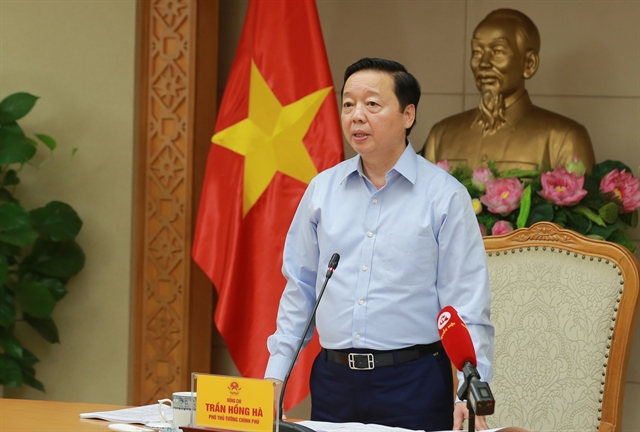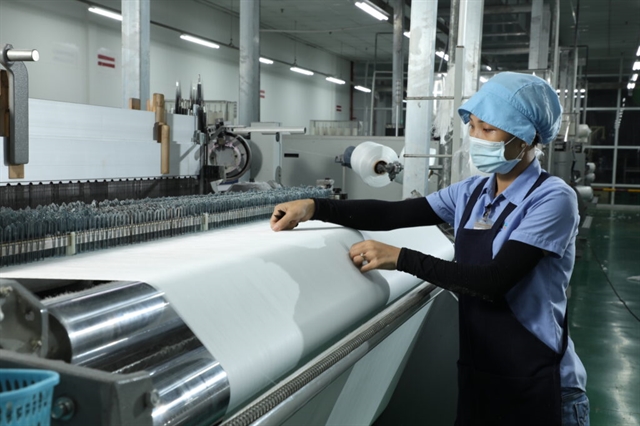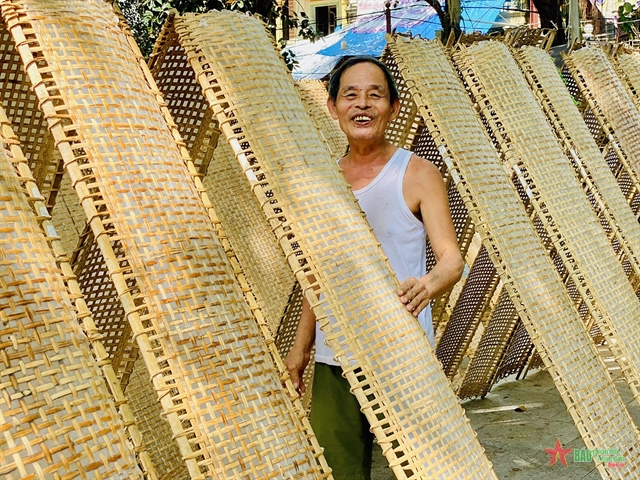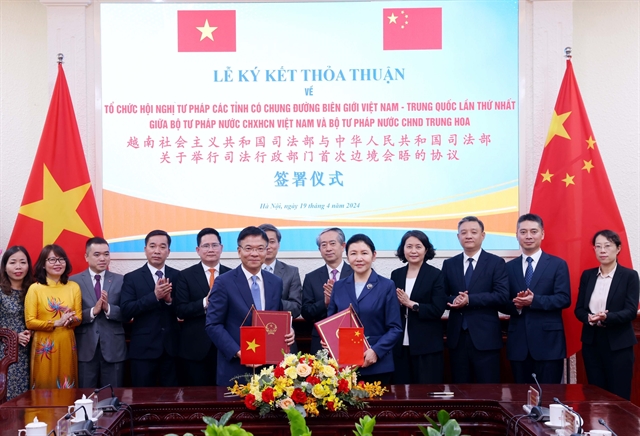 Politics & Laws
Politics & Laws
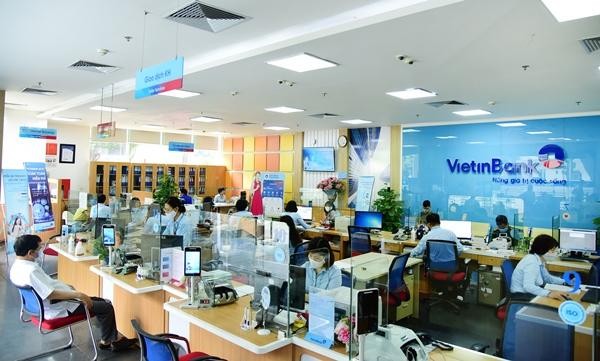
Leaders of the five Mekong countries discussed measures to promote co-operation and make the region more dynamic and competitive at the two summits that convened in Hà Nội yesterday.
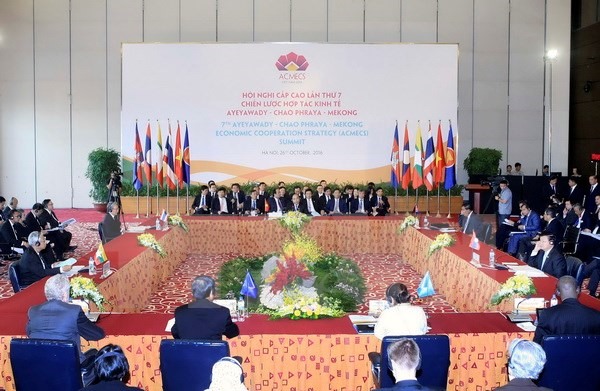 |
| Leaders of the five Mekong countries discussed measures to promote co-operation and make the region more dynamic and competitive at the two summits that convened in Hà Nội yesterday.— VNA/VNS Photo |
HÀ NỘI — Leaders of the five Mekong countries discussed measures to promote co-operation and make the region more dynamic and competitive at the two summits that convened in Hà Nội yesterday.
The capital city hosted the 8th Cambodia-Laos-Myanmar-Vietnam Summit (CLMV 8) and the 7th Ayeyawady-Chao Phraya-Mekong Economic Co-operation Strategy Summit (ACMECS 7).
Addressing the opening ceremony, Vietnamese Prime Minister Nguyễn Xuân Phúc said the CLMV and ACMECS have contributed to important achievements, such as promoting the socio-economic development of each country, helping establish of the ASEAN Community and aiding peace and stability in the region.
Mekong countries have driven growth in Southeast Asia; it is considered one of fastest growing region in the world, he said.
“At these summits, we will discuss new landscapes and collaborate on ways and means to build dynamic and competitive economies with sustainable and inclusive growth,” Phúc said.
Leaders of other countries, including Cambodian PM Hun Sen, Lao PM Thongloun Sisoulith, Myanmar President Htin Kyaw and Thai Deputy PM Somkid Jatusripitak also talked about the importance of ACMECS and CLMV within the ASEAN. They believe that promoting the two co-operation mechanisms will improve connectivity in ASEAN and strengthen the ASEAN community, which will help fix the development gap in the region, cope with challenges the region faces, and improve social welfare and the standard of living of the people.
The CLMV 8, themed “Seize Opportunities, Shape the Future,” focused on opportunities and challenges for economic development of the four participating countries, and it discussed measures to boost their co-operation in improving competitiveness and regional integration.
The participating leaders shared the view that the CLMV countries are face many chances at big economic development which come from the global science-technology revolution, the region’s strong economic integration and the formation of the ASEAN Economic Community.
They also boast a number of important competitive edges, like a location in close proximity to major markets, rich natural resources, abundant and young workforces, and favourable trade and investment policies.
The leaders pointed to the challenges facing the Mekong Region, including limited human resources, underdeveloped infrastructure, climate change impacts, regional and global economic instability, and the vulnerability that faces small, open economies.
To maintain growth momentum and improve competitiveness, they agreed to concurrently reform domestic economics, maintain macro-economic stability, create an optimal business environment, and proactively integrate more strength into the regional and global economies.
They also agreed to implement concrete measures toward a seamless regional economy, so as to link their economies and markets ever closer together, particularly in boosting transport connectivity, facilitating trade and investment and increasing co-operation in industry, tourism, and human resources.
Addressing the summit, PM Phúc called on the countries to make timely adjustments to catch up with new global trends and not to be left behind.
The four countries should create a new development momentum characterised by technologies, high-quality human resources, innovations and creations, instead of pursuing the growth model based on natural resources, cheap labour costs and outdated technologies, he said.
The Vietnamese Government is resolved to do its best to serve people and businesses, the leader affirmed, pledging that Việt Nam will make all-out efforts to ensure macro economic stability and accelerate economic restructuring towards innovations, creations, higher productivity and competitiveness. At the same time, the country will implement breakthrough strategies on institutions, human resources and infrastructure, while removing administrative barriers to create the best possible climate for domestic and foreign investors and enterprises, he stated.
The ACMECS 7, themed “Towards a Dynamic and Prosperous Mekong Subregion,” discussed stepping up co-operation among the ACMECS member countries – Cambodia, Laos, Myanmar, Thailand and Việt Nam – to narrow development gaps in the Mekong sub-region and to ensure sustainable development.
Participating leaders discussed measures to spur socio-economic development, improve the competitiveness of the economies and increase regional economic integration. They also outlined cooperation orientations to ensure sustainable development in the Mekong Region.
They agreed to boost co-operation in a number of fields , including transport, facilitation of trade and investment and industrial co-operation, tourism, agriculture and environment.
They agreed to step up collaboration between ACMECS countries and the Mekong River Commission and other regional mechanisms to jointly manage water resources for the sustainable management, development , utilisation, and conservation of trans-boundary water and related resources.
Speaking at the summit, PM Phúc underscored major priorities in ACMECS’s future co-operation, including increasingly connecting ACMECS economies; promoting links between ACMECS and ASEAN as well as other partnership mechanisms in the region; fostering coordination in improving competitiveness and international integration; and collaborating to cope with climate change and protect the environment.
The summits closed with leaders adopting a joint statement for the CLMV 8 and a Hà Nội Declaration for the ACMECS 7. — VNS

